MAIL delivers mental health advocacy
MAIL members seniors Tom Classen, Pranav Menon and Lena Niblett discuss plans and ideas for their organization during an AcLab meeting. They meet every couple of weeks to discuss future plans.
February 15, 2022
Passion is in no short supply for Mental Health Advocacy in Lafayette’s (MAIL) group. They’re a team of students who’ve made it their mission to raise awareness for mental health issues.
“As someone who’s struggled with mental health issues and seen people around me struggle, it’s something that’s really important to me,” Executive Board member sophomore Vedika Kumar said.
It started a year and a half ago as a Girl Scout project by Class of 2021 grad Isha Deol. They worked independently of Lafayette until guidance counselor Annie Tichacek was assigned to help the group.
“I really hit the jackpot,” Tichacek said. “I was blown away by their passion. Now that I am here, being able to work with them directly has been so rewarding.”
The group attended a professional training course called Mental Health First Aid, which provided mental health assistance and plans to tell what they learned to Lafayette students by hosting seminars at Lafayette. They’ve already hosted one training course for 30 Lafayette students, who met between Dec. 9 and Jan. 6.
“I have a lot of confidence in these seminars because I took one and it taught me so much. I have changed the way I talk to people now because of it. I think it’s really going to help,” Executive Board member senior Lena Niblett said.
For Kumar, the impact of MAIL is special.
“In other clubs like United Nations Children’s Fund (UNICEF), we make a difference in our community, but it’s not as nearly direct as MAIL where we’re making a difference and you can see it happening,” Kumar said. “It’s nice to be a part of the change.”
Currently, they’re trying to narrow their lessons to be more applicable to Lafayette students.
Mental Health First Aid had a strong focus on schizophrenia and brushed over eating disorders, so MAIL decided to deliver a course better suited for Lafayette.
MAIL also spoke on an online, state-wide seminar over Zoom for over 700 people. They fielded questions from Missouri educators about the state of mental health in schools.
Kumar is optimistic about Rockwood’s future with mental health.
“I feel like it’s definitely improved a lot since last year. I think a lot more awareness is being brought to the issue. [There have been a] number of student deaths recently, and it’s really sad, but it’s been a wakeup call to people about Rockwood’s mental health situation,” Kumar said. “A lot more people are paying attention and caring a little more about the issue.”
While there has been subtle improvement, Niblett understands that there’s still a long way to go.
“Teachers don’t have a required training on metacognition, which means thinking about your thinking. I think there needs to be more push for teachers to address it in class,” Niblett said.
Kumar also said mental health conversations are plagued with misconceptions.
“A lot of times people don’t realize that therapy isn’t just for people with mental illnesses but it could also prevent people from getting to a point where they’re in a state of depression,” Kumar said. “It helps people [through] their issues before they turn into something bigger.”
Instead of automatically giving advice, Niblett said she recommends listening to friends when they are venting.
“Let [your friends] have the space to say everything they need to say. Saying ‘I understand you’re having a hard time with this and that really sucks’ can show them that you’re there for them,” she said.




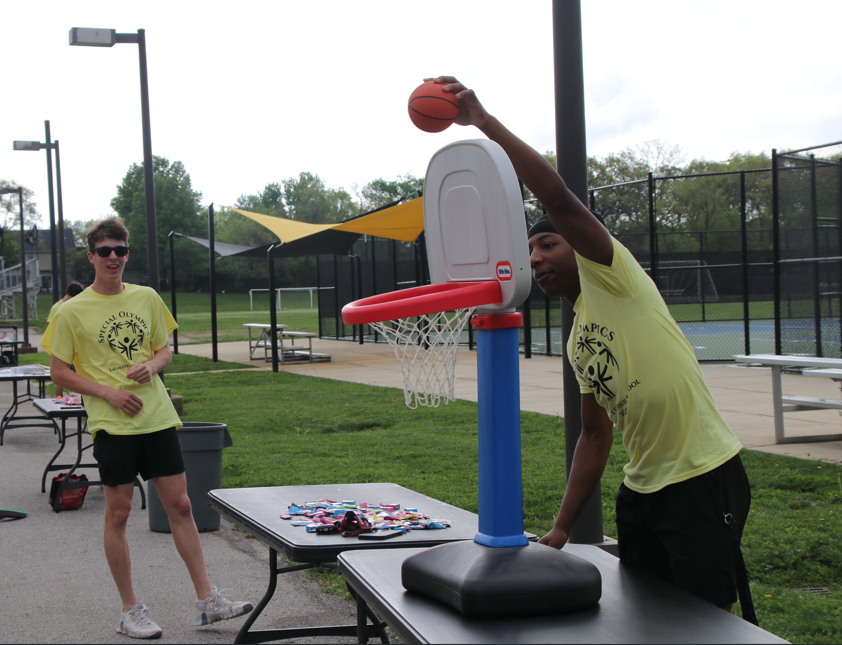
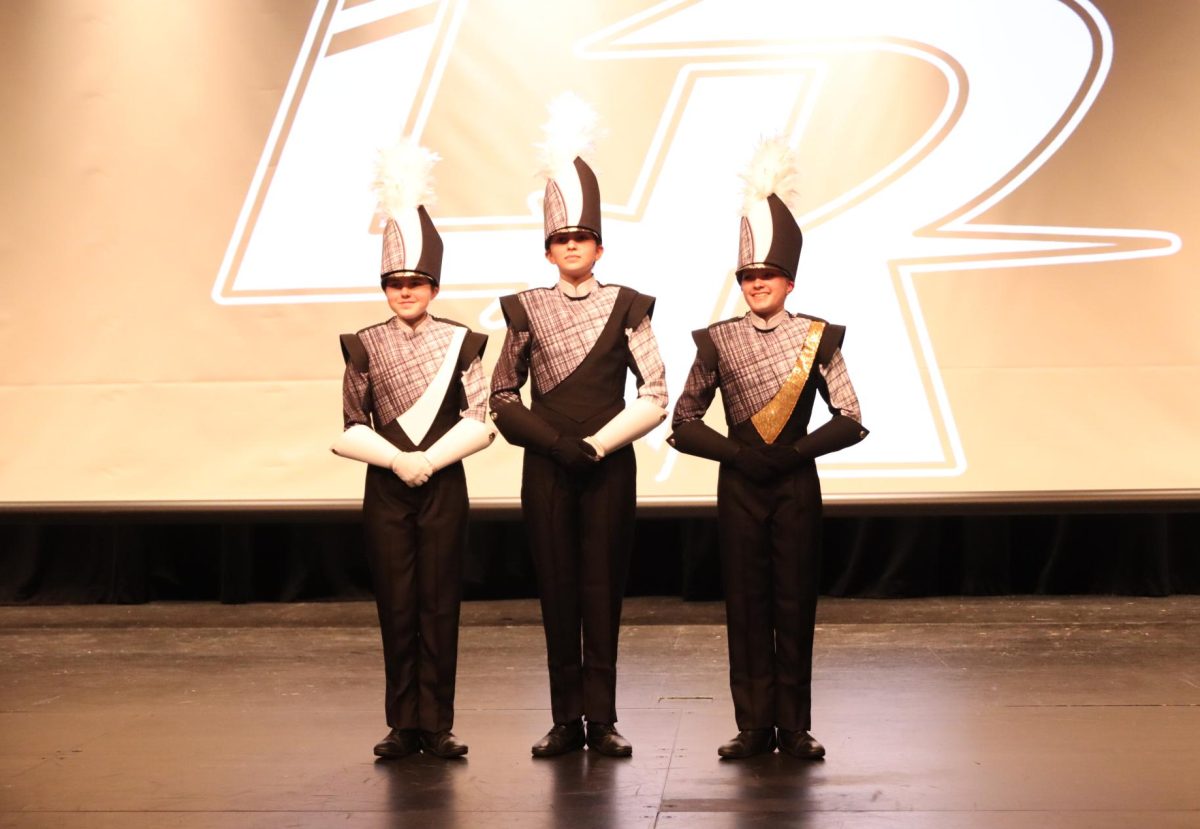

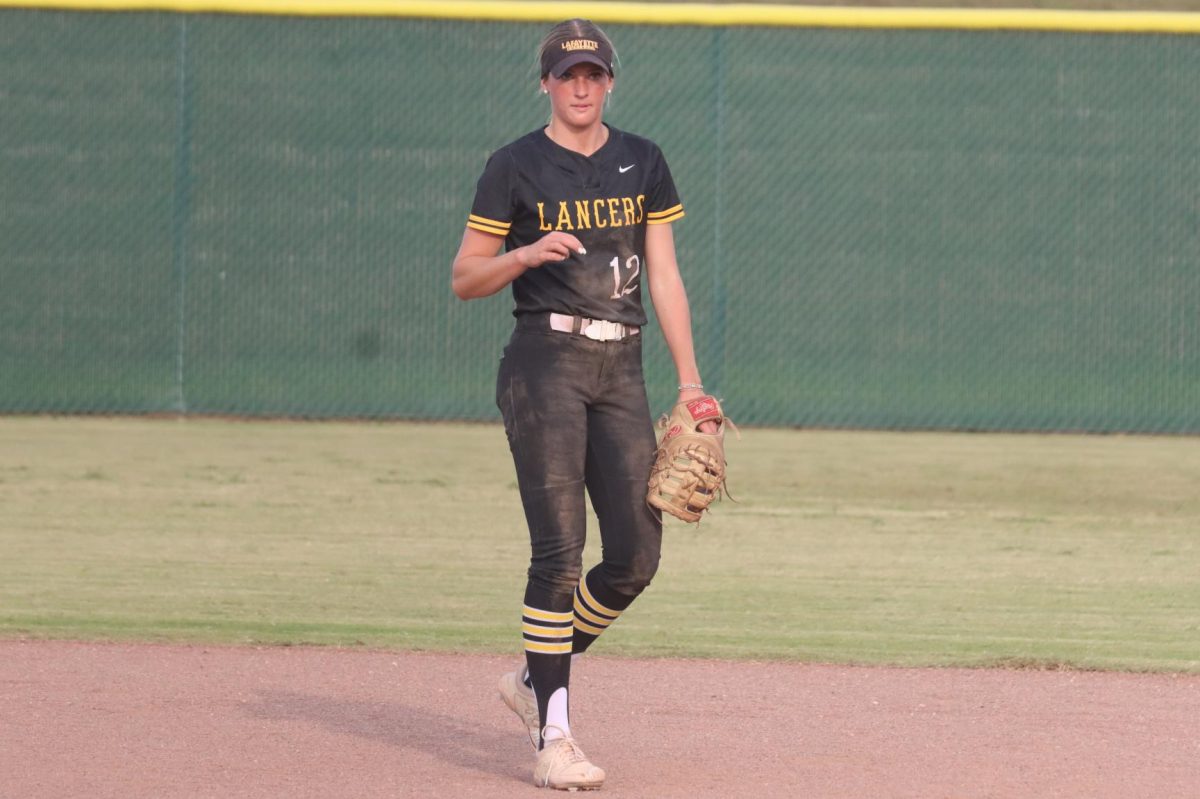

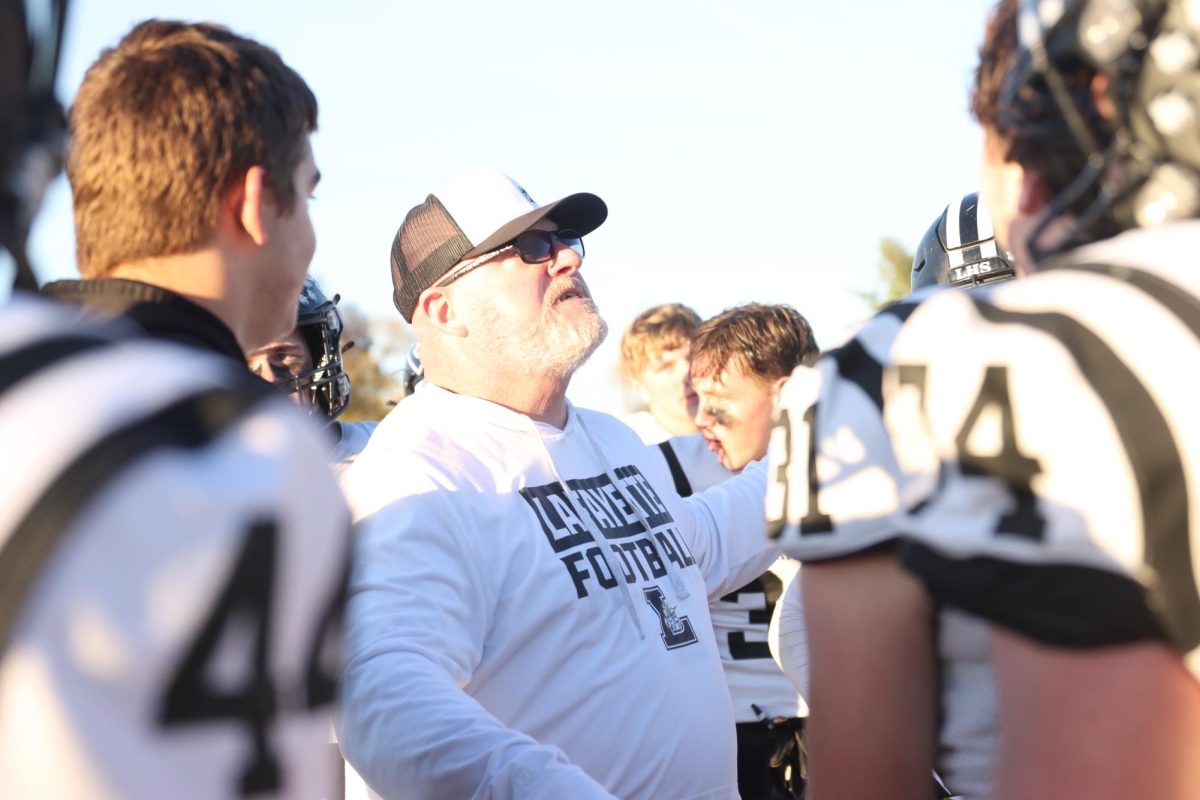
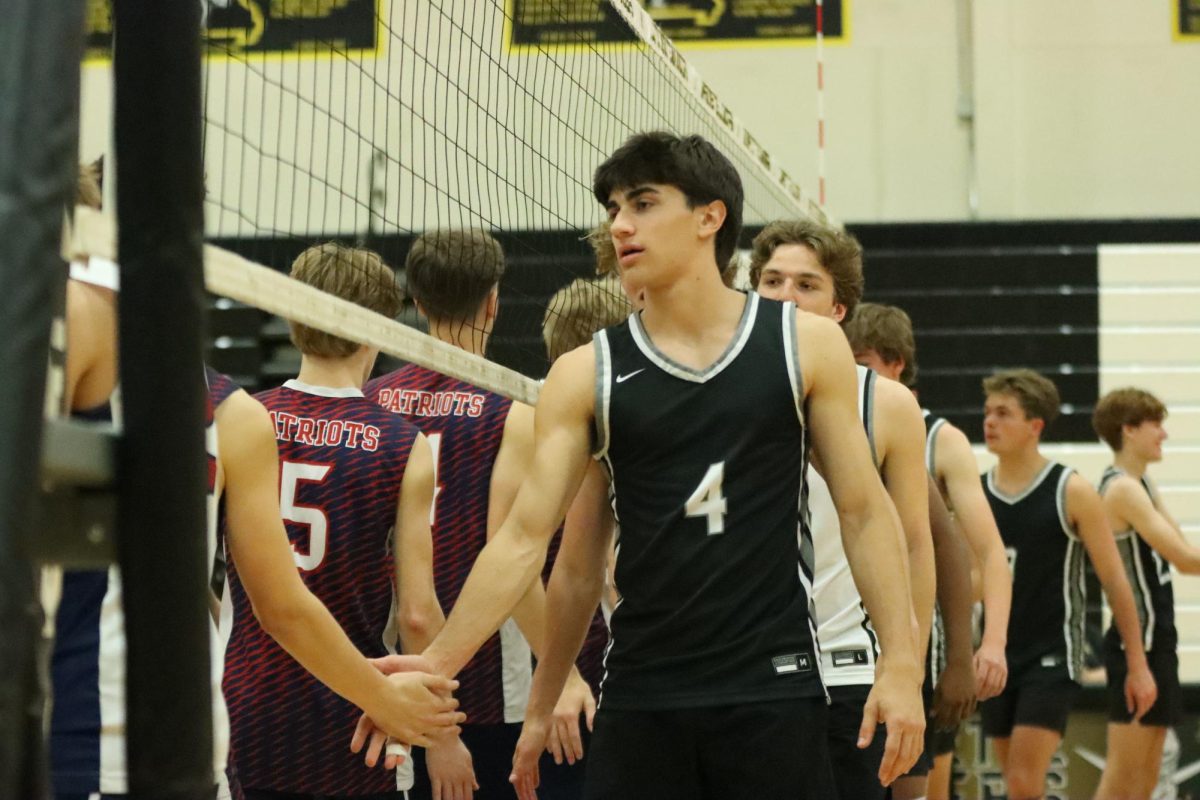









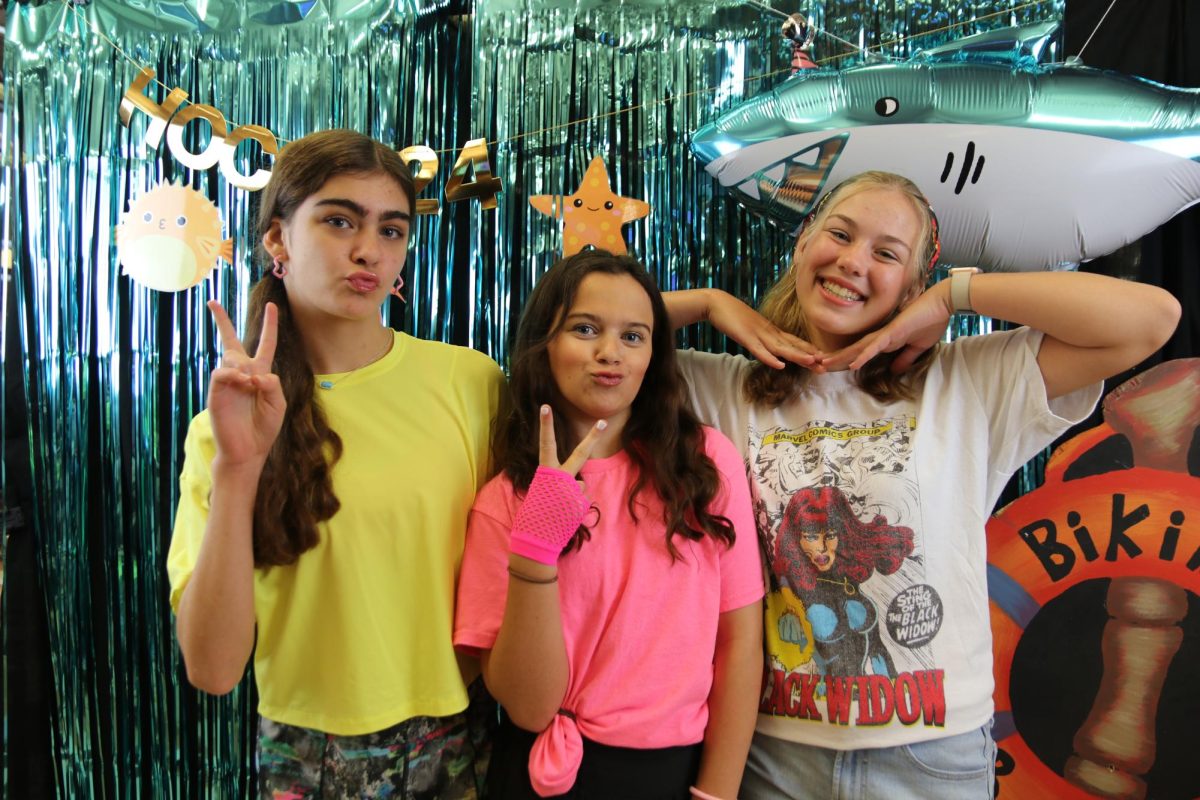











![As part of the Lafayette community, local youth soccer club Rockwood United SC took part in the annual Homecoming Parade. The club was created by former LHS soccer coaches, Saverio Traversa and Craig Wideman, to provide better quality soccer coaching. "We want to make sure that [soccer] is taught right, because when learned correctly it's the best sport in the world," Wideman said.](https://lancerfeed.press/wp-content/uploads/2024/04/IMG_4632-e1714576359118-300x200.jpg)

